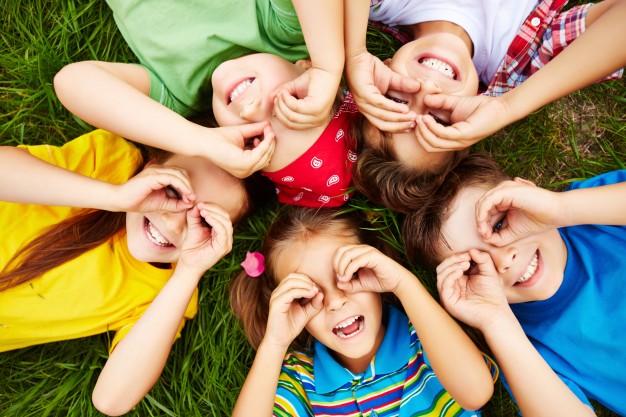WASHINGTON, October 22, 2015 – As the world witnesses brutal violence, mass killings, slaughters, imprisonments and bombings, and as adults choose to be silent and safe rather than vocal and unsafe, children are speaking up. Recent incidents involving children have the potential of awakening the silent world.
Many years ago a picture of a burning Vietnamese girl changed and defined the Vietnam War.
Kim Phúc and her family were residents of the village of Trang Bang, South Vietnam. On June 8, 1972, South Vietnamese planes dropped a napalm bomb on Trang Bang, which had been attacked and occupied by North Vietnamese forces. Kim Phúc joined a group of civilians and South Vietnamese soldiers who were fleeing from the Caodai Temple to the safety of South Vietnamese-held positions. A South Vietnamese Air Force pilot mistook the group for enemy soldiers and diverted to attack. The bombing killed two of Kim Phúc’s cousins and two other villagers. Kim Phúc was badly burned and tore off her burning clothes. Associated Press photographer Nick Ut‘s photograph of Kim Phúc running naked amid other fleeing villagers, South Vietnamese soldiers and press photographers became one of the most haunting images of the Vietnam War. In 1997 she established the first Kim Phúc Foundation in the US, with the aim of providing medical and psychological assistance to child victims of war.
The picture of 9-year-old Kim Phúc running naked and screaming led to international movements against the war and eventually awakened many who could not see the impact of the war until that moment.
Since humans have short memories and since benefits always outweigh the value of life and humanity, people have forgotten the pain of previous wars. The world is now involved in much more complicated wars and conflicts. The violence is increasing, and once again many people and governments stay neutral. But children are speaking up again. Two recent video of children has been viewed tens of thousands of times on social media.
Now, a Yemeni child has also caught the attention of the world.
The BBC states: “A videoof a young Yemeni boy on a hospital bed being treated for injuries from flying shrapnel has had over 50,000 views on Facebook — and has become a moving symbol of the human cost of the war in his country.”
Fareed Shawky was a 6-year-old boy who was injured seriously on Oct. 13 when his neighborhood was attacked in Yemen. In a video, Fareed begged people around him not to bury him. The video was got thousands of views only after he was pronounced dead.
Fareed was buried like many other children who witness death daily in countries such as Iraq, Yemen and Syria. Watching a child as young as 6 begging not to be buried broke many hearts and triggered many reactions to what is happening in Yemen.
Another videothat attracted many people belongs to a young boy, maybe 5 years old, narrating how he witnessed his father being shot and killed near Haidaria mosque in Qateef, Saudi Arabia.
In an interview with a psychologist broadcast in Al Arabiya, the doctor urged the Saudi government to ban public access to such videos since they “trigger the scenes of insecurity in people.” Interestingly, the doctor did not bother to analyze the effect of such traumatic event on the future of the child, but instead insisted that government must have better regulation.
The Syrian war is responsible for many deaths, especially of many innocent children.
One picture got the attention of many. The picture of a very young boy who was slaughtered along with his Shia scholar father triggered strong feelings about the life of people in Syria. To add to the brutal act, a Wahabbi scholar in Kuwait held the picture in his hand and proudly announced that his lectures led to such acts. Al Oraify and his followers videotaped themselves stating “we did it,” and “we killed them” while smiling broadly. The picture and the video led to a ban on Al Oraify’s speeches and his entrance to the United States.
Children might not have much power, but surely they have strong voices. It is unfortunate that the world waits to see their pains and then reacts instead of being proactive and preventing the pain of children during wars.




